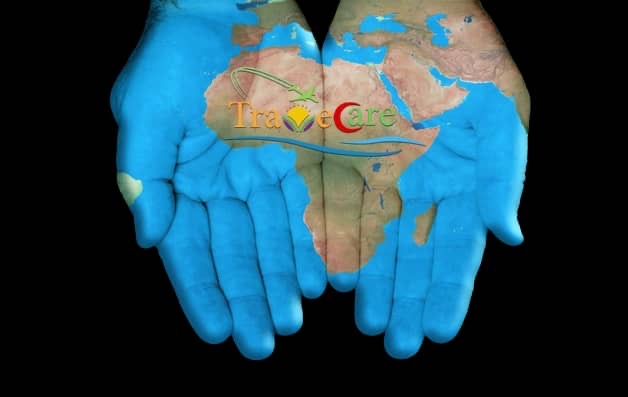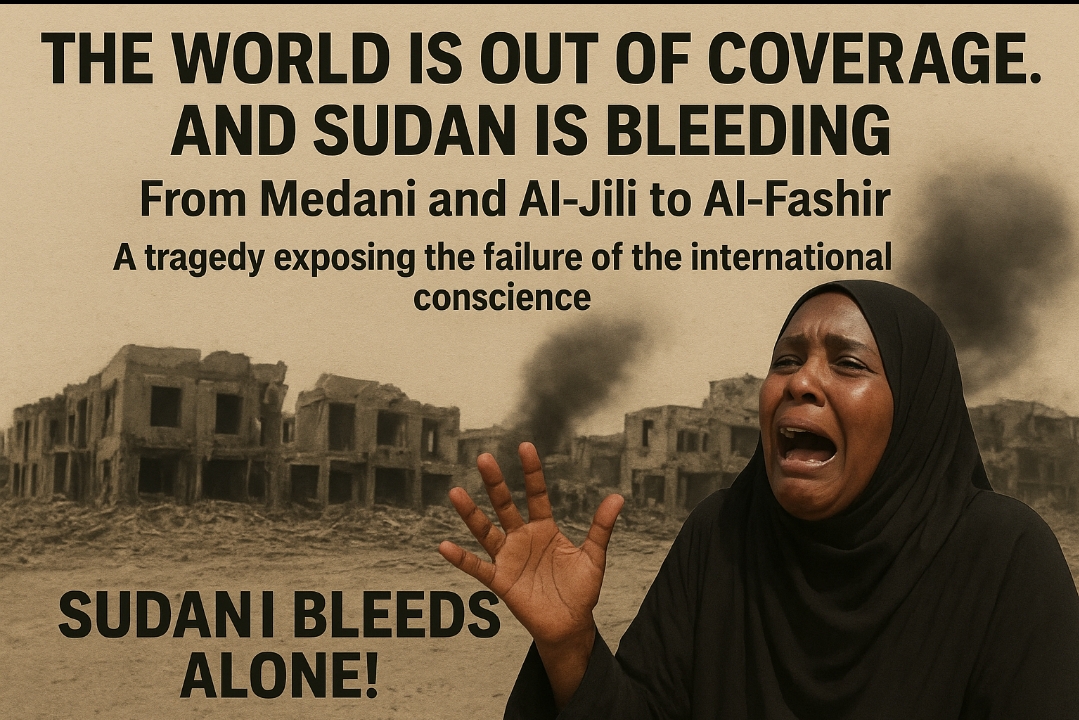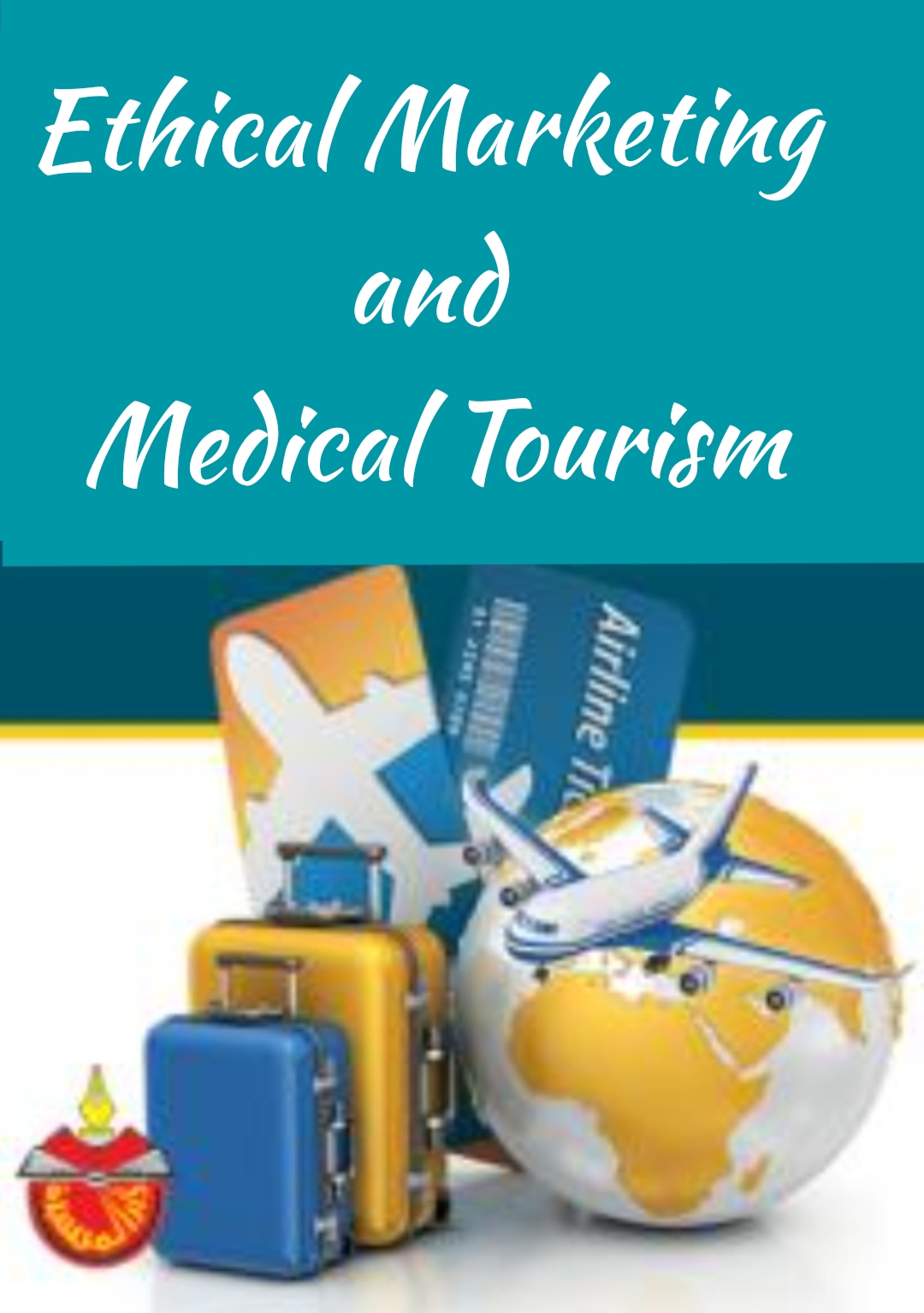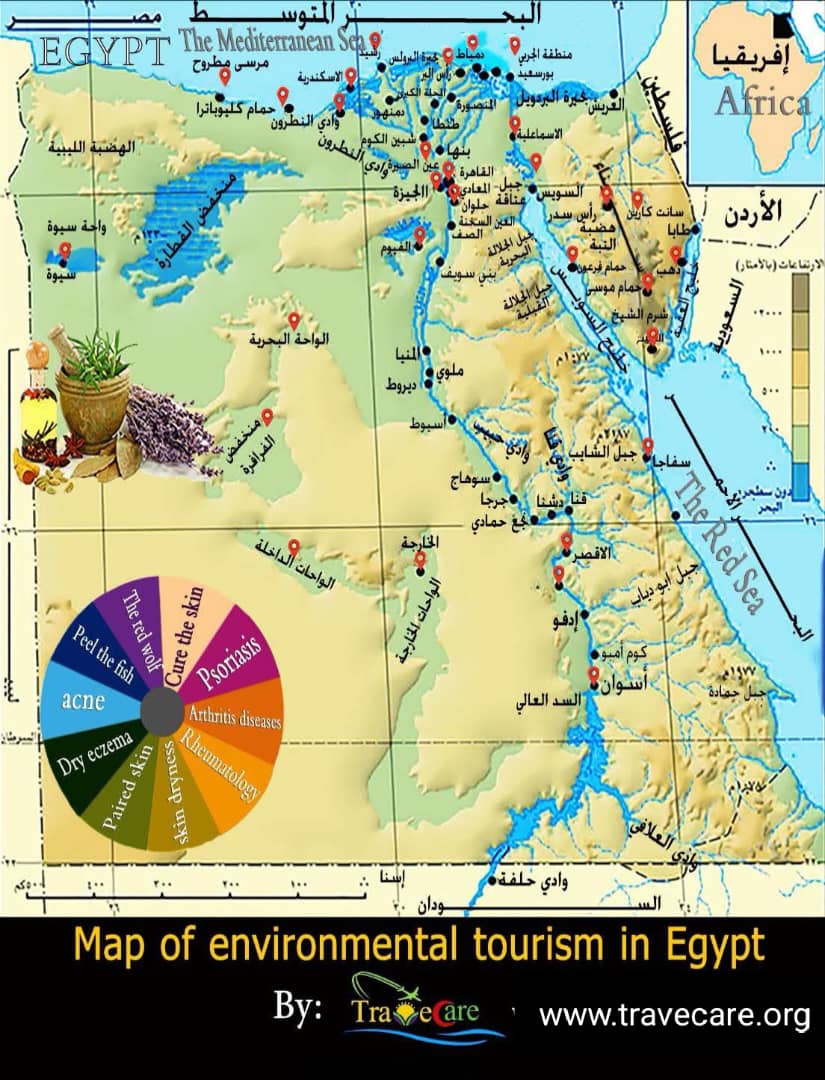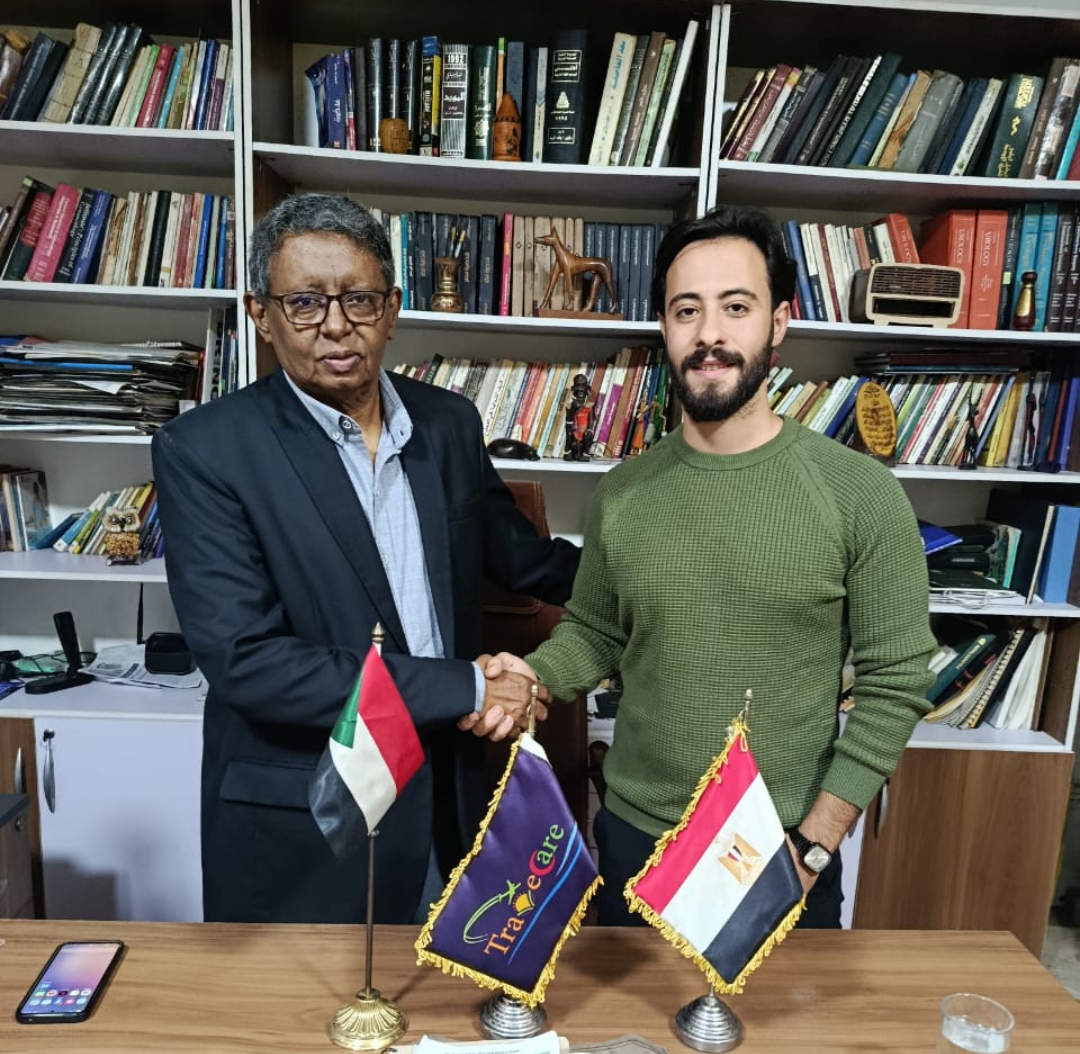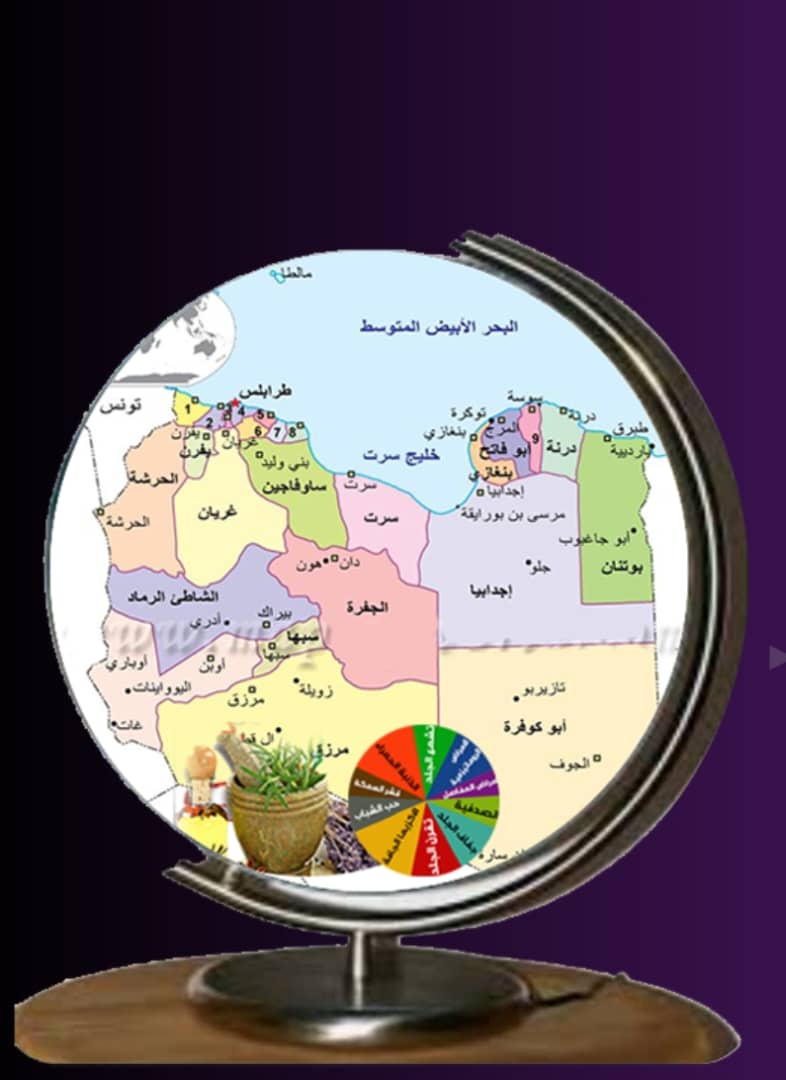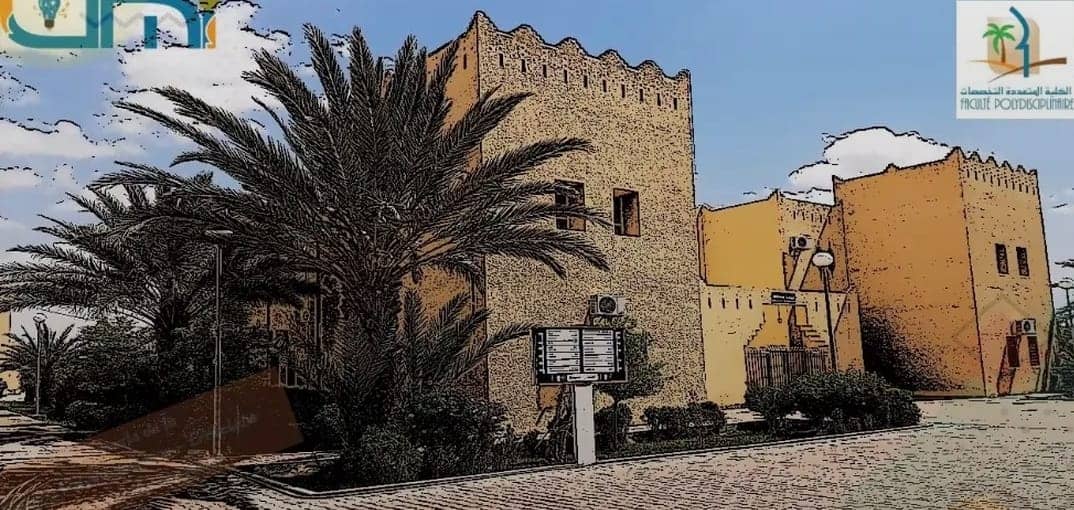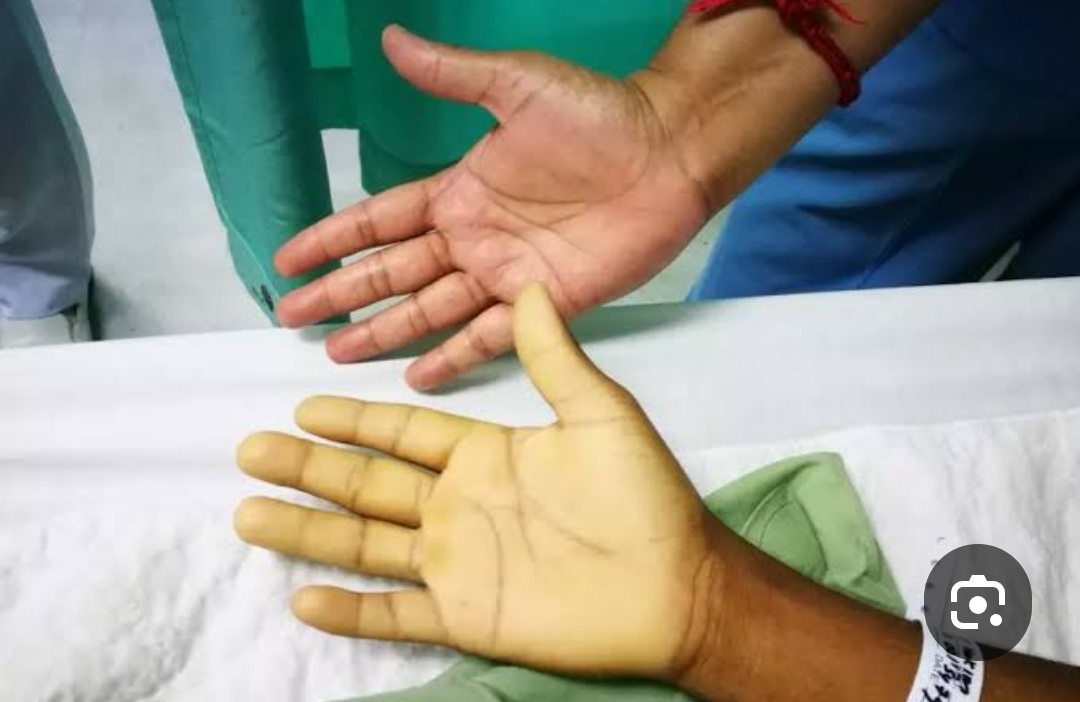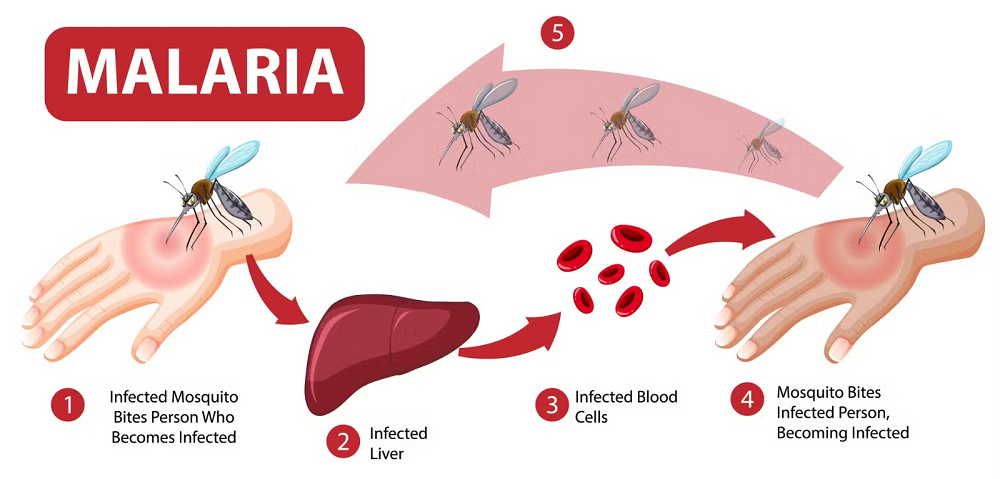Knowledge for Change: Empowering Communities through Health Education in South Sudan

Introduction
Health education is the foundation of public health advancement and community empowerment. In South Sudan, where access to health services can be limited, educating communities is one of the most powerful ways to prevent disease and promote wellbeing. Knowledge equips individuals with the ability to make informed decisions about hygiene, nutrition, maternal health, and disease prevention (World Health Organization [WHO], 2025). By investing in community-level education and communication, South Sudan ...
The Role of Traditional Leaders and Faith Institutions
Traditional and faith leaders hold a central position in South Sudanese society. They are trusted voices who influence social norms, resolve conflicts, and guide community behaviour. Engaging these leaders in health promotion has proven highly effective in encouraging vaccination uptake, promoting hygiene practices, and reducing stigma related to illnesses such as HIV and mental health conditions (UNICEF, 2025).
Faith institutions also offer extensive networks that can reach communities where formal health systems are weak. Churches and mosques can host health education sessions, provide counselling, and distribute public health information. Training religious leaders in health promotion allows them to incorporate accurate messages into sermons and community gatherings. Their endorsement enhances trust and helps dispel misinformation, especially in rural and post-conflict areas.
Health Communication Strategies for Low-Literacy Populations
Effective communication is key to changing behaviour, yet many communities in South Sudan face literacy barriers. Written materials alone are often insufficient. Health messages should therefore use participatory and visual methods, including community drama, storytelling, songs, and demonstrations (UNESCO, 2025). These approaches are culturally resonant and ensure inclusivity.
Radio remains one of the most powerful tools for mass communication in South Sudan. Broadcasting programmes in local languages allows information on sanitation, maternal health, nutrition, and vaccination to reach even remote households. Visual aids, pictorial posters, and community discussions reinforce these messages. By adapting communication methods to audience needs, health promoters can ensure that education is accessible to everyone.
Gender and Health: Empowering Women as Health Educators
Women play a vital role as caregivers, mothers, and community health advocates. Empowering women through education and leadership opportunities strengthens health promotion efforts. Female community health workers and mothers’ groups are particularly effective in disseminating information on child nutrition, antenatal care, and family planning (World Bank, 2026).
Encouraging women to lead community dialogues and peer-support groups not only improves health literacy but also promotes gender equality. When women are empowered to make informed health decisions, the benefits extend to their families and the wider community. Partnerships that provide training and mentorship for female health educators should be prioritised by both government and non-governmental organisations.
Building Sustainable Behaviour Change
Sustainable behaviour change depends on trust, cultural relevance, and community ownership. Health education initiatives must therefore involve community members at every stage—from planning to evaluation (Ministry of Health South Sudan, 2025). Collaborating with local leaders ensures that messages align with cultural practices while promoting positive change. Schools, youth associations, and community-based organisations can serve as platforms for ongoing health promotion and life skills education.
Regular monitoring and feedback are essential for measuring impact and improving programmes. Health education should be seen not as a one-time campaign but as a continuous process that evolves with community needs. Integrating education with WASH, nutrition, and maternal health services reinforces consistent messaging and maximises effectiveness.
Recommendations for Implementation
1. Strengthen Partnerships with Traditional and Faith Leaders:
Involve local and religious leaders in national health promotion strategies and training initiatives.
2. Tailor Communication for All Literacy Levels:
Use visual, oral, and participatory methods—such as radio, theatre, and community storytelling—to ensure inclusivity.
3. Empower Women and Youth as Health Educators:
Support women’s associations and youth groups with leadership training and resources to promote health education.
4. Integrate Community Health Education Across Sectors:
Coordinate between health, education, and social development ministries to mainstream health education into community and school systems.
5. Strengthen Monitoring and Local Ownership:
Encourage community participation in the planning, delivery, and evaluation of health education programmes.
These recommendations can be implemented using existing community structures and partnerships. They reinforce South Sudan’s national goals for improving public health through empowerment, inclusion, and knowledge sharing.
Conclusion:
Community health education lies at the heart of sustainable public health progress. By engaging traditional leaders, faith institutions, and women as educators, South Sudan can foster a culture of shared responsibility for health and wellbeing. Empowering communities through knowledge not only prevents disease but also builds unity, confidence, and resilience. Informed citizens are the true agents of change—and with collaboration, education, and commitment, they will drive South Sudan toward a healthier ...
References
Ministry of Health South Sudan (2025) National Health Promotion and Education Strategy 2025–2030. Juba: Government of South Sudan.
UNESCO (2025) Communication for Health and Development in Africa: Strategies for Low-Literacy Communities. Paris: UNESCO.
UNICEF (2025) Faith and Community Engagement for Health Promotion in South Sudan. Juba: UNICEF South Sudan.
World Bank (2026) Empowering Women and Communities in Health: Lessons from Fragile States. Washington, D.C.: World Bank Group.
World Health Organization (WHO) (2025) Community Health Education and Behavioural Change: Global Review. Geneva: WHO.


